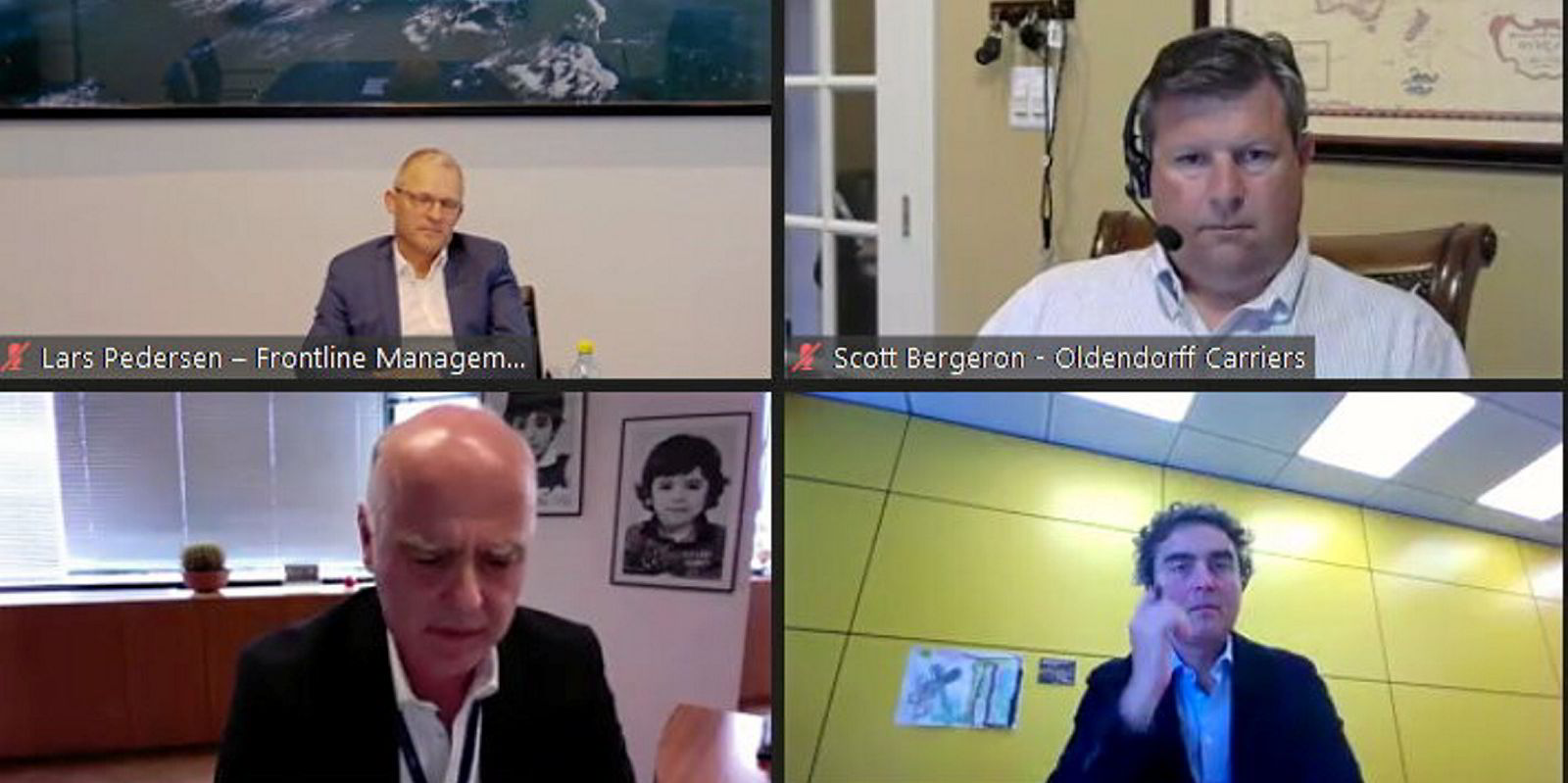Industry experts have warned charterparty terms will need to be rewritten if shipowners are to comply with upcoming decarbonisation regulations — with one leading voice claiming complex changes will make IMO 2020 "look like a walk in the park".
Concerns focus on the International Maritime Organization's minimum ship efficiency standards of the Energy Efficiency Existing Ship Index (EEXI) and the Carbon Intensity Index (CII) that require owners to optimise ship operations.
The EEXI could force ships to reduce engine power and speed, which could put them outside of their charterparty terms. While under CII, owners may have to adjust speed, routing or even cargo capacity, which are all factors usually decided by the charterer.
Both regulations will be enforced from 2023.
FD&D director at North P&I Club Mark Church said the shipping industry is only just coming to terms with the contractual issues that need to be addressed.
“We are conscious that the next decade will see a complex and challenging regulatory framework emerge as shipping moves to decarbonise. This will undoubtedly lead to parties having to review how the costs and risks of complying with new measures should be allocated in the charterparties,” he said.
Bimco has opened talks with industry stakeholders to examine how problems can be overcome.
The potential alterations to contracts required to comply with the EEXI and CII have been likened to those made to charters prior to the IMO 2020 regulation on the sulphur content of fuel.
In that case, owners and charterers had to negotiate who paid for scrubbers, for example, to meet IMO 2020 rules. Now, they are faced with having similar discussions over who will pay for efficiency technology to achieve EEXI and CII compliance.
Grant Hunter, head of contracts and clauses at Bimco, said the potential contractual problems, particularly around CII, are likely to be much more complex than IMO 2020.
“There is definitely going to have to be a degree on cooperation between owners and charterers, probably more so than with IMO 2020 — that is going to seem like a walk in the park compared to CII,” he said.
“We have this concept which we have never seen before from the IMO of continuous vessel improvement year in year out. We are kind of scratching our heads and asking, how do we put that into a charterparty that will run for a couple of years, who will pay for it, who will be responsible?”
As things stand under CII, ships will be rated between A to E based on their operational efficiency, with ships rated D and E falling outside the required level.
However, as there is no punishment for failing to meet the minimum standard, and because of that, owners will not be able to argue with charterers over the need to adjust the ship’s performance to achieve compliance.
“Provisions in the charter contract which says you must comply with flag state law does not quite apply here because the sanctions are not there,” Hunter said.







